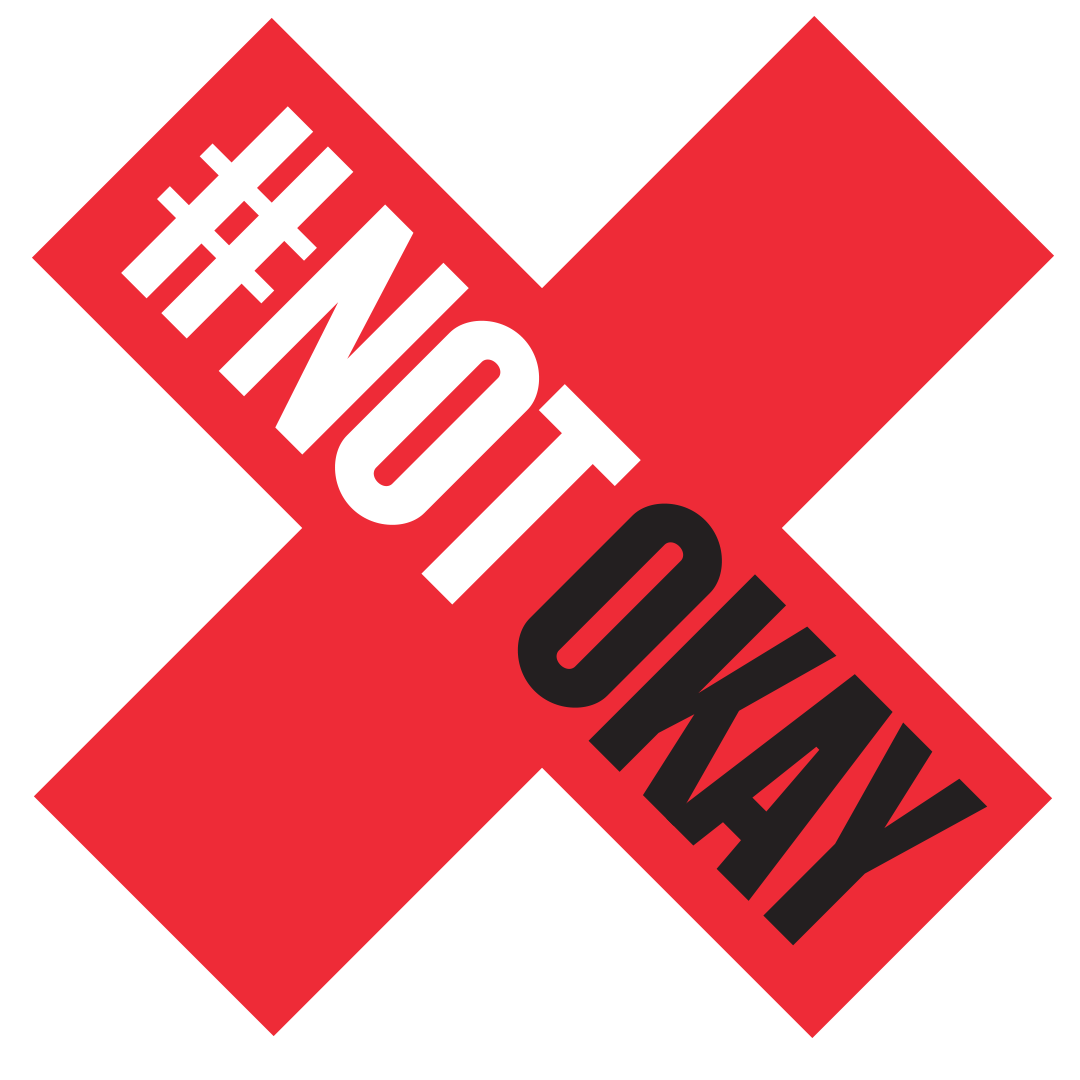With the #notokay trend taking social media by storm, Bea Warleta discusses everyday sexism and how it affects women’s daily lives.
“Women: tweet me your first assaults. They aren’t just stats” tweeted Canadian author Kelly Oxford on Friday 7th October, after a video of Donald Trump making sexual comments about women had been leaked. “You can do anything. Grab them by the pussy. Anything”, Trump said. Oxford’s tweet continued, “I’ll go first: Old man on city bus grabs my ‘pussy’ and smiles at me, I’m 12”.
The response was a sea of tweets that flooded the internet, and continue to do so today, two weeks later. Under the hashtag #notokay, women share their experiences. Stories of crowded trains and buses, uncles and teachers, music festivals and clubs. A woman’s doctor asks her if her nipples and genitals are pierced. A 13 year-old girl’s classmates keep flipping her skirt up and laughing; when she speaks up, her teacher tells her it’s not okay to lie. A woman remembers being groped at a crowded Walmart, at Disneyland, in the playground. These are only the less disturbing tweets. And yet, scrolling through Twitter, the most troublesome part remains how unsurprising it all is: how naturalized and common these experiences seem. Because while it’s true that, yes, not all men are rapists, or gropers, or sexual assaulters, all women, sadly, seem to have been assaulted at least once in their lives.
By reading about other women’s experiences under the name ‘sexual assault’ you, as a woman, realize something. You’ve been telling yourself that these experiences are normal, and they’re okay. “The scariest thing about reading @kellyoxford #notokay thread” one tweet reads, “is realizing how many times I was assaulted as a young girl and didn’t even know”. We’ve been taught to ignore it. However, it’s always there, in the back of our minds, a little bit of ash that lights up into a spark: but it has the potential to become a fire, when women like Kelly Oxford bring out the matches.
Reading a tweet about a young girl getting her bum slapped by boys at her school brings to mind my own school days: being eight, nine, ten years old at the playground and wearing spandex shorts under my uniform because boys liked to lift the girls’ skirts up. It was just the way it was. And so the teachers recommended wearing spandex so your underwear wouldn’t be exposed for everyone to see.
Fast forwarding to the near future, I’m reminded of an incident a few months ago, when my younger sister messaged me at 2am A man had approached her at a bus stop, completely naked, touching himself. I think of all the nights out when I’ve been groped on a dancefloor. I think of how my male friends feel the need to “pretend that they are my boyfriend” to stop the heckling. How incredibly sad and pathetic is it that the only way to stop sexual harassment is to pretend that you ‘belong’ to another man?
Although the main reactions from men on Twitter, from Trump himself, and from the men within Trump’s campaign have been apologetic and empathetic, they all seem to share a common theme: as fathers, husbands, and brothers, they were personally disgusted. It seems that many men, in order to stand up against sexual assault, feel the need to emphasize their personal relationship to women in order to sympathise with their situations. Through mentioning personal relationships, some men somehow try to legitimise their public sexist behaviour: yes they have said a few sexist things to unknown women, but as long as they treat their wife respectfully it’s ok, right?
Before women are daughters, sisters, and mothers, we must remember that they are their own individuals. They are being sexually harassed, first and foremost as women, secondly as daughters or mothers or sisters. Regardless of how men may feel, this is something that women need to learn to speak up about: and it is something that men, more than anything else, need to listen to. It’s 2016 and women feel the need to walk through relationships and life in the same way they walk through the street at night: looking over their shoulder, fast-paced, heart pumping, powerless.
And it’s not okay.
Bea Warleta

